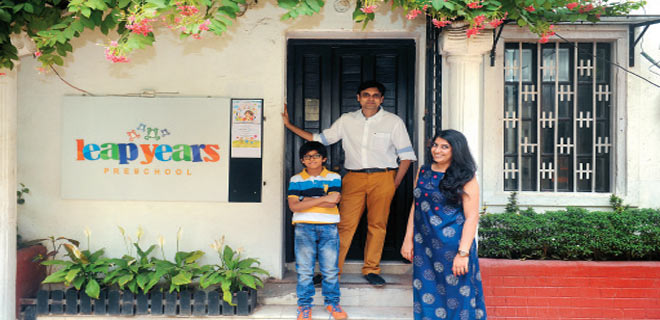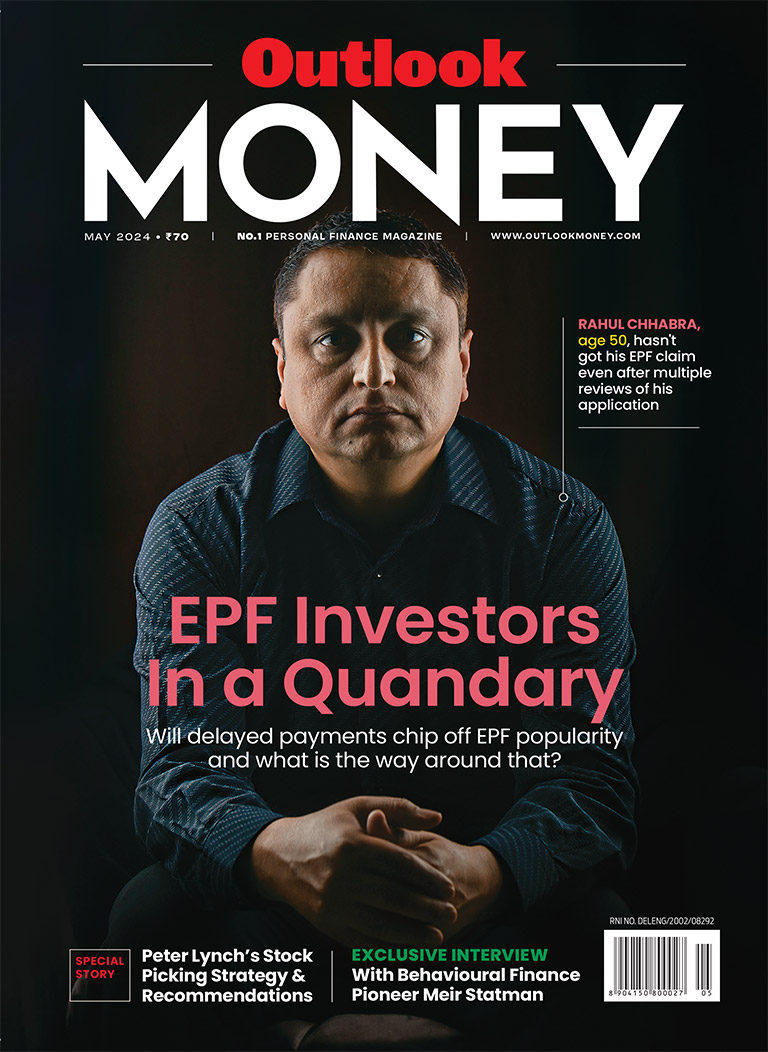Keeping the record straight
Keeping record both physically or digitally, serve as secure and easy to use details.
Financial statements and personal documents accumulate continually with every financial transaction. In the absence of a proper record-keeping mechanism, one tends to accumulate work and procrastinate when it comes to maintaining financial records. Says Secunderabad-based Venu Madhav, “Consolidation at a single place gives me a better picture of my finances in terms of performance and progress, making it easy for me to know how my investments are faring.” But, the biggest factor that calls for record keeping is the risk of loss due to misplacing or ageing of documents kept in files.
It is a no-brainer to have a recordkeeping system that will help you organise important information concerning your household financial affairs and keep track of your personal finances and hard to- replace documents. “I maintain digital as well as physical records. I have scanned all financial documents like bank, credit card and mutual fund statements, and DP notes,” says 37-year-old Nagpur based Ashwin Kulkarni. Kulkarni is an accounts manager with a software company and is process driven to maintain all types of financial records, which he has categorised well for his wife and children.
Physical or digital
You’re required by the government to keep all tax-related records for at least seven years and confirm your accounts. Beyond these stipulations, it’s up to you to manage your records. But for the health of your personal finance and your own peace of mind, it’s worth setting up an easy-to-use filing system that allows you to quickly and efficiently find the information you will need later. While physical record-keeping has been prevalent for ages, digital storage and maintaining of records has caught up really fast, like everything else that has gone digital.
Mumbai-based Prakash Rane, 47, recounts the flooding in the city in which several of his friends lost important documents. “Any natural disaster can endanger the documents and, with physical documents, it is always possible to misplace them and not find them when you need them the most,” he says. Rane has been maintaining records for long, but swears by the convenience of digital storage.
In its efforts to encourage digital storage and a step towards propagating the Digital India initiative, the government too has launched Digi Locker, an online document storage facility. Similarly, ICICI Bank has launched Smart Vault digital locker for its customers.
Smart Vault is a fully automated state-of-the-art locker available 24x7, including weekends and post banking hours. The vault uses robotic technology and provides round-the-clock services to customers along with high-end security, including biometric authentication. It is basically a locker room facility, which has digital aids to help in bringing your locker to you instead of you climbing ladders to open lockers located at a height. Then there are also private players like kleeto.in, which started offering digital storage services in January 2011. What started as a digital storage solution for corporate has now several retail customers as well.
Says Sunil Mahajan, CEO and co-founder, kleeto.in: “We provide end-to-end record management where we not only provide digital space, but also storage of physical documents, digitisation of physical records, and pick-up and delivery of physical records at customers’ doorstep at an affordable price.” For individuals, the Kleeto pack- age starts from Rs. 200 and goes up to Rs. 2,000 per annum, depending on what one opts for.
If you are the sorts who is not good with physical papers, to put it mildly, digital record keeping is the way out. “I was a relatively early adopter of digital record-keeping, and I must tell you that you don’t need to buy special software, but it is important to have a documenting system which is easy and useful”, advises Kulkarni, adding that one should ensure safety precautions when storing data on the cloud or any open architect software.
The physical edge
Old timers swear by maintaining diaries and recording details of their financial lives in them. You too would have seen the old diary pages, which had details of financial records like PAN and bank account numbers. In fact, many years ago, this magazine offered a personal finance organiser, which was highly popular for its utility. The organiser was categorised to have records maintained of different financial instruments such as bank accounts, deposits, investments, tax savings and other financial transactions.
Even today, there exist several online resources that can be downloaded to maintain records in physical format for those who like to maintain their records and file them physically. The My Money Book organiser is a similar attempt by Exide Life insurance, which helps one manage details of financial holdings and is available for free. All you need to do is SMS MMB to 5676770 to receive your free copy. The physical advantage is that your family members are aware of your financial life, unlike a completely digital storage mechanism where unless others are told about it, they are unlikely to know much.
The biggest gain by organising important personal information is that it will make money management easier for you and others who may be responsible for handling your financial affairs. You should also consider adding personal papers such as birth, marriage and death certificates, passport and other identity documents to the file. The importance of maintaining financial records, physically or digitally, cannot be undermined and neither can the convenience it offers. However, do not confuse record keeping with maintaining investment portfolios, as both are poles apart.
OLMdesk@outlookindia.com









